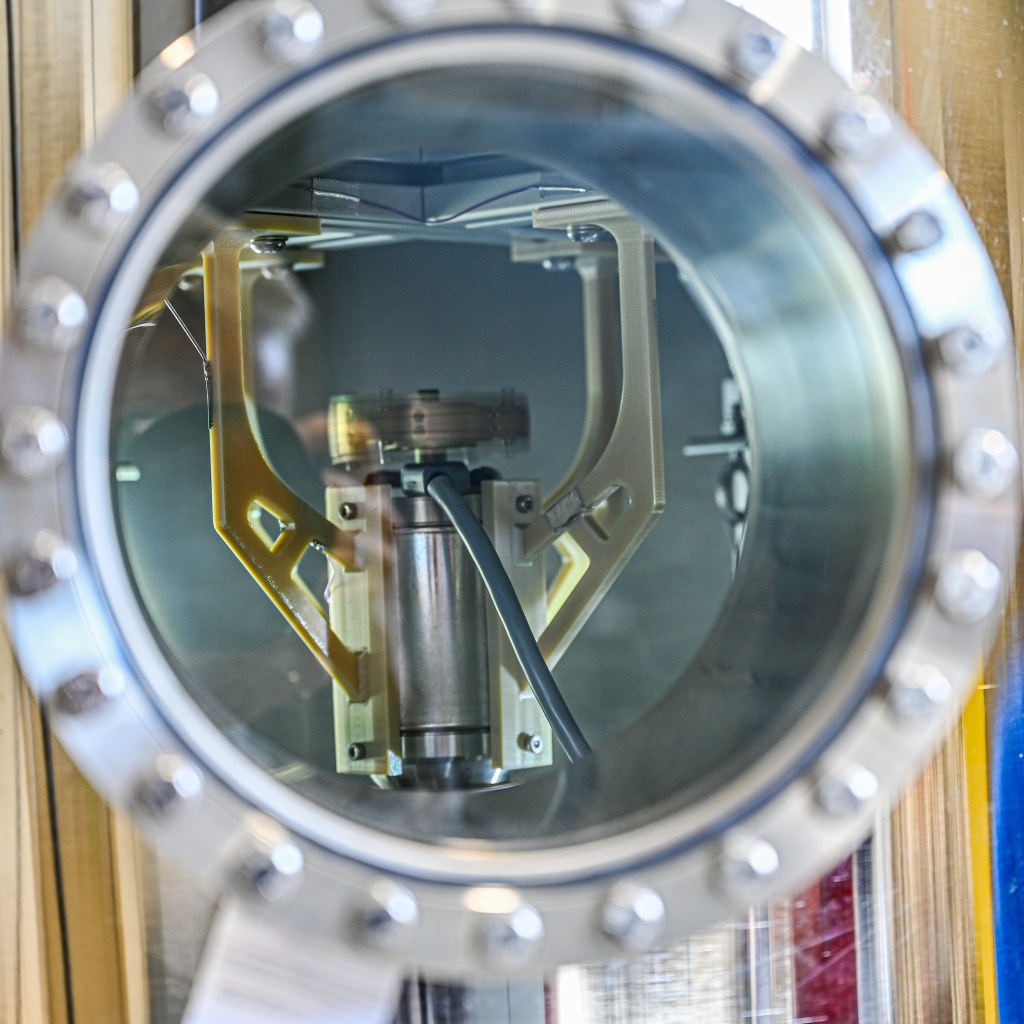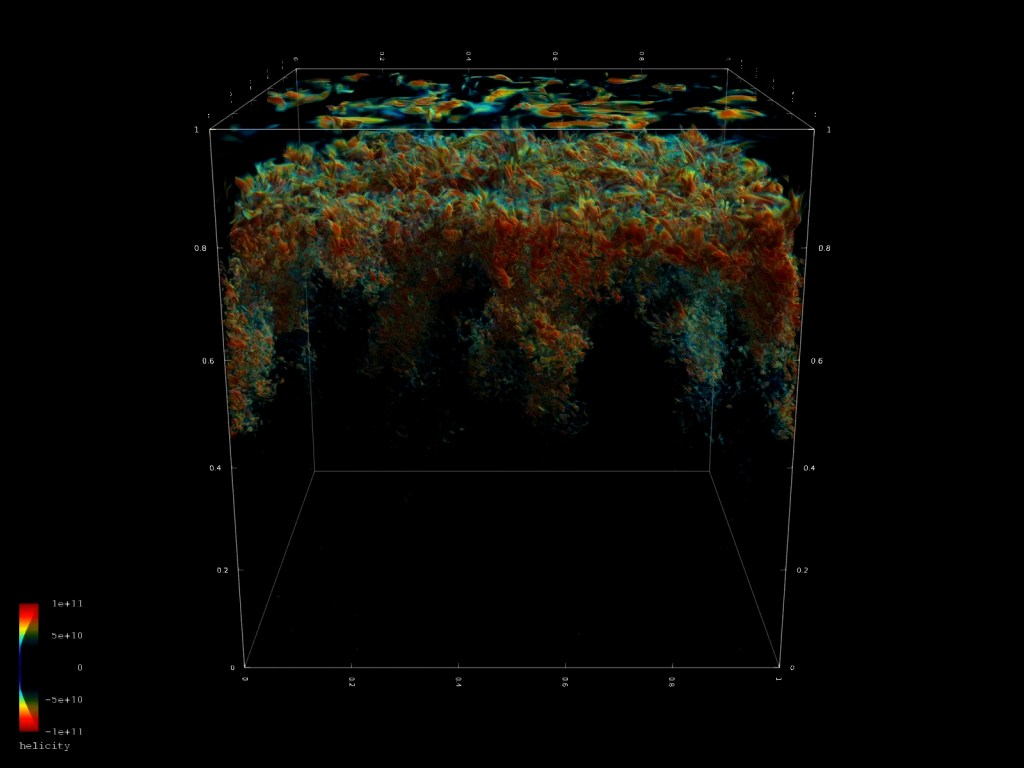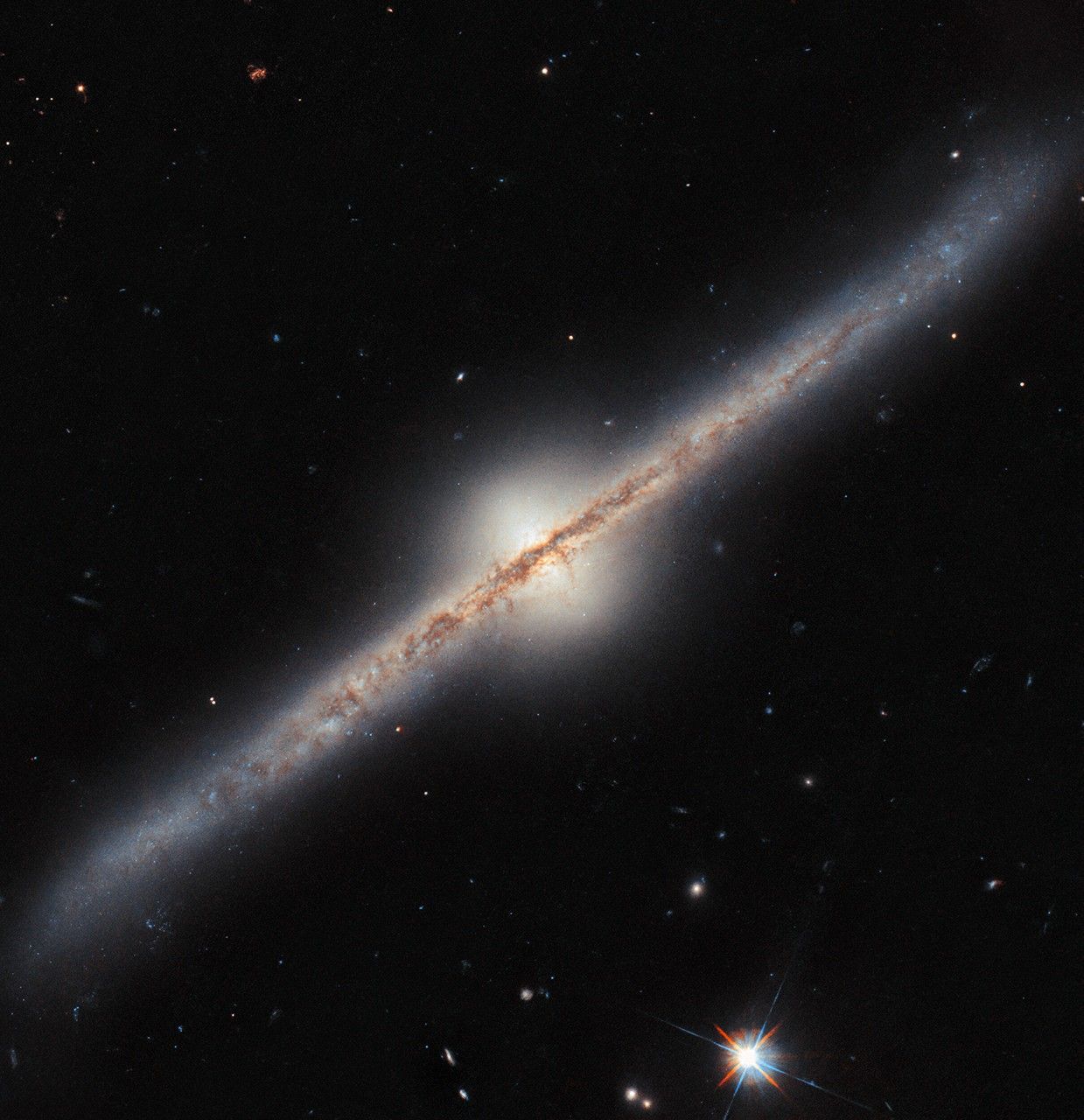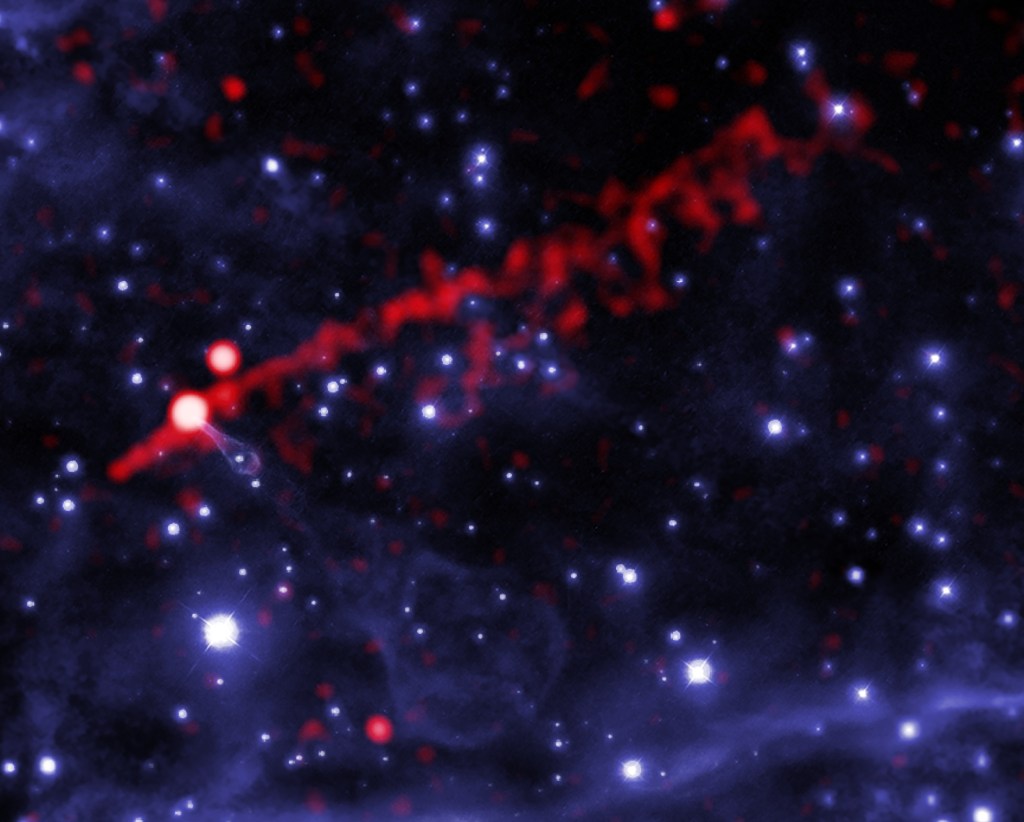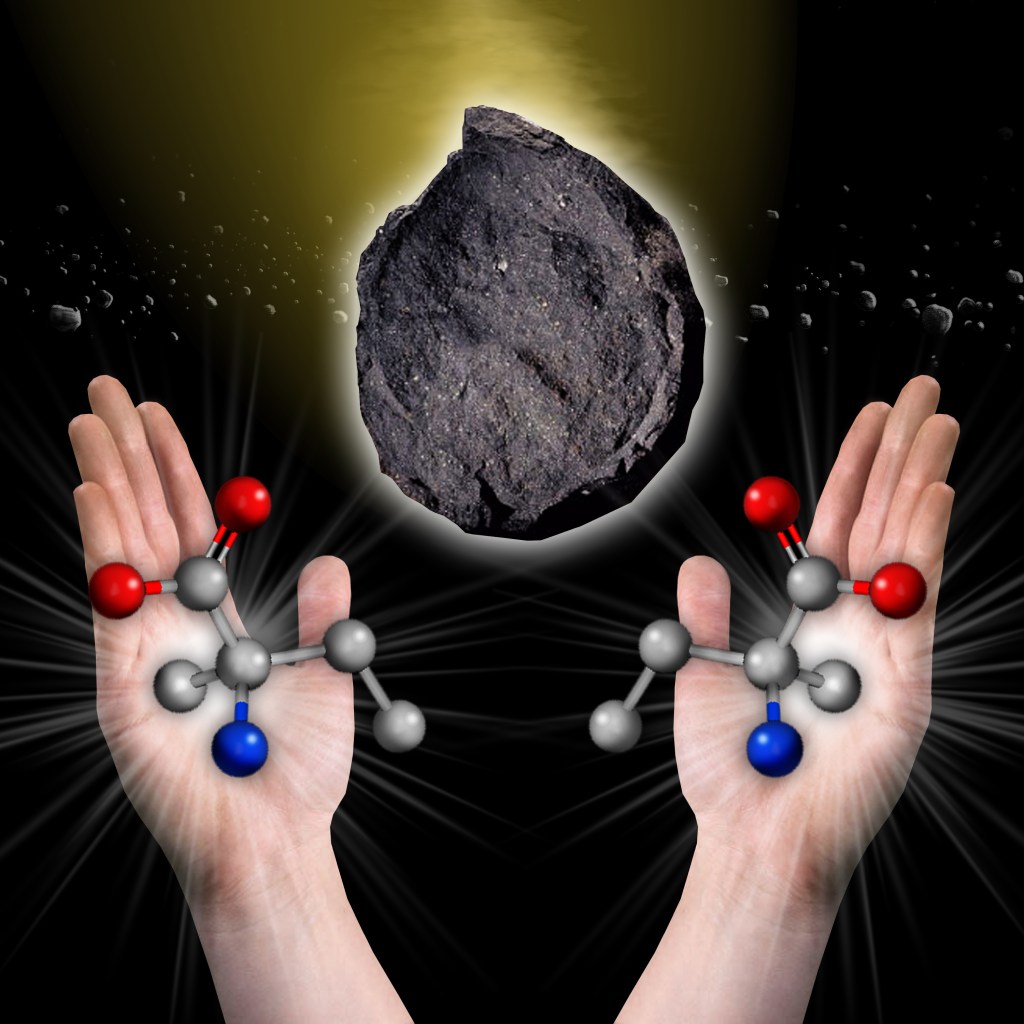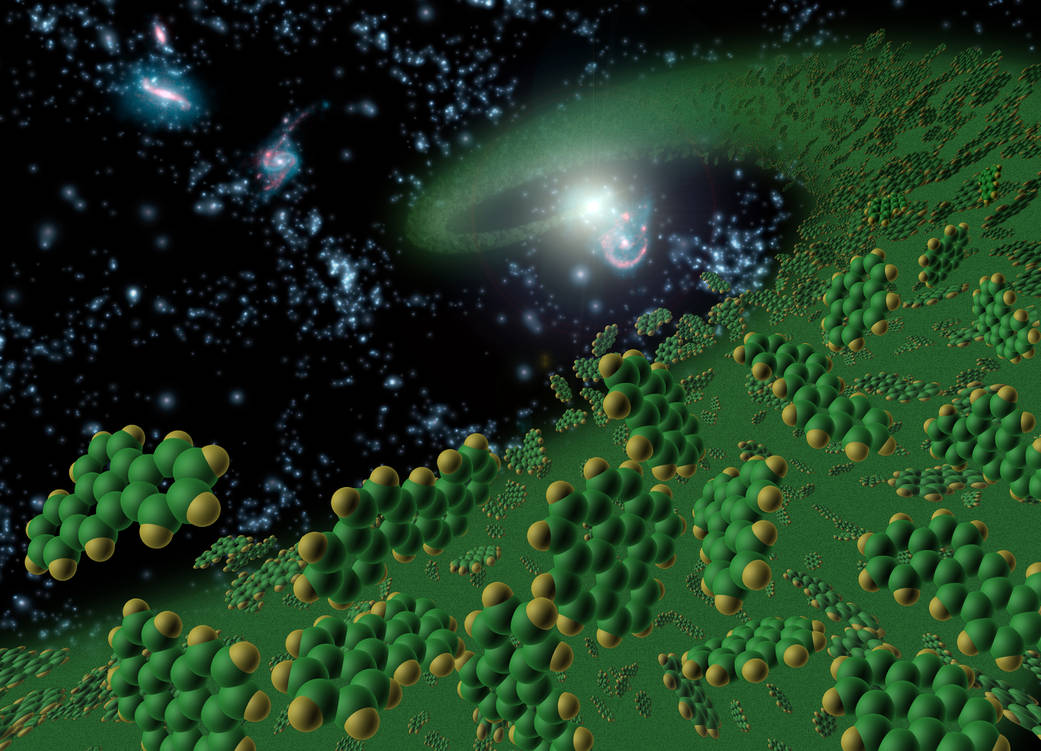
This artist’s conception symbolically represents complex organic molecules, known as polycyclic aromatic hydrocarbons, seen in the early universe. These large molecules, comprised of carbon and hydrogen, are among the building blocks of life. NASA’s Spitzer Space Telescope is the first telescope to see polycyclic aromatic hydrocarbons so early-10 billion years further back in time than seen previously. Spitzer detected these molecules in galaxies when our universe was one-fourth of its current age of about 14 billion years. These complex molecules are very common on Earth and form carbon-based materials are not burned completely. They can be found in sooty exhaust from cars and airplanes, and in charcoal broiled hamburgers and burnt toast. Polycyclic aromatic hydrocarbons are pervasive in galaxies like our own Milky Way, and play a significant role in star and planet formation.Image Credit: NASA/JPL-Caltech/T. Pyle (SSC)





